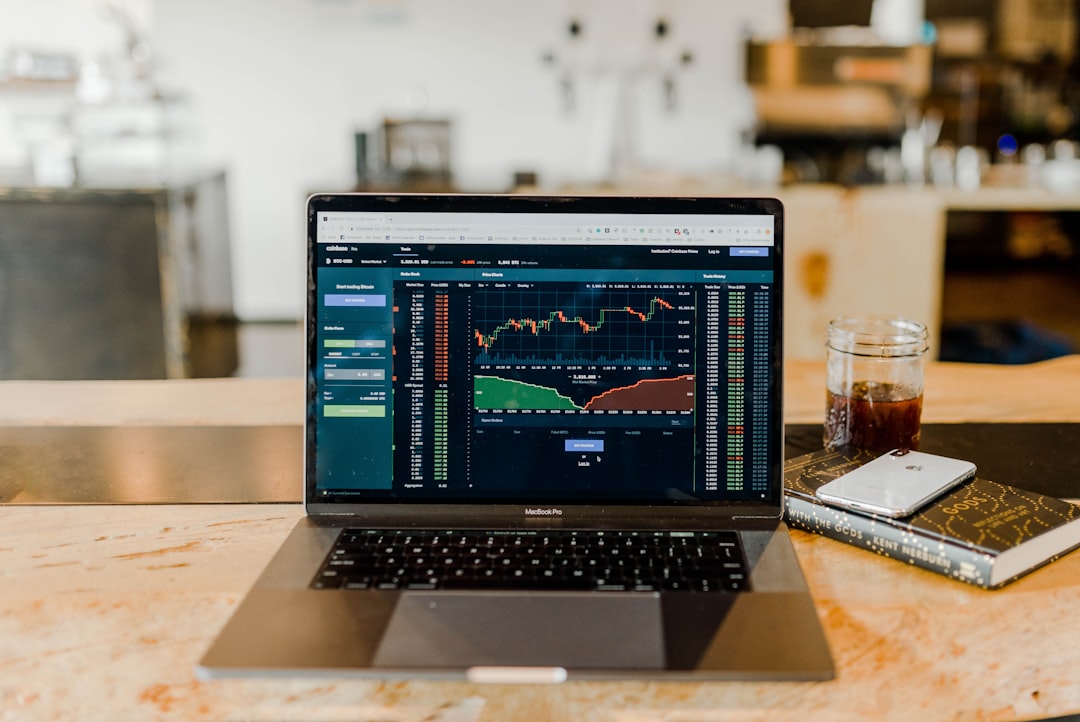
Introduction
A recent sell-off in U.S. stocks may have roots deeper than President Trump’s tariff proposals, according to analysts at BCA Research. Despite the market’s focus on trade policy uncertainty, these experts suggest that broader valuation concerns and constrained U.S. fiscal and monetary policy are playing significant roles in the current market weakness.
Key Takeaways
Beyond Tariffs:BCA Research argues that Trump’s trade stance is not the primary driver behind the recent downturn. Instead, persistent concerns over high valuations and limited policy flexibility in the U.S. are weighing on investor sentiment.
Global Valuation Divergences:While U.S. assets remain richly priced despite weakening fundamentals, European equities have benefited from relatively lower valuations and growing government initiatives—such as increased military spending—to reduce reliance on U.S. security support.
Dwindling Confidence and AI Capex Concerns:Fading business and consumer confidence in the U.S. and doubts about the returns on massive AI investments further contribute to the risk-off environment. The emergence of cost-effective AI solutions from Chinese startups has raised questions about the competitive edge of U.S. tech giants.
Investment Strategy Recommendations:The analysts advise a defensive stance: being underweight equities—particularly in the U.S.—and overweight fixed income, given the current uncertainties.
In-Depth Analysis
Valuation Pressures and U.S. Policy Constraints
BCA Research highlights that U.S. stocks are under pressure not only from the prospect of additional tariffs but also from their high valuations, which remain disconnected from current economic fundamentals. Despite expectations for a more favorable business environment in previous years, the U.S. economy appears more fragile now. As a result, investors are rethinking their exposure to risk assets.
Global Divergence in Investment Flows
European markets are emerging as attractive alternatives for investors. With inflows totaling $24 billion this year—the highest since 2017—European equities have become appealing due to their lower valuations. In contrast, U.S. markets continue to face headwinds from slowing growth and an uncertain policy environment.
Challenges in the AI Landscape
Recent developments in artificial intelligence have also cast a shadow over U.S. tech stocks. While mega-cap companies have invested heavily in AI, the competitive advantage may be diminishing. Reports of cost-effective AI models from Chinese startups have raised concerns that U.S. capex in AI might not yield the expected returns. This shift in sentiment adds another layer of complexity to the current market environment.
Real-Time Data Resources
Investors can gain further insights and stay updated on these trends using these valuable data resources:
Sector P/E Ratio APIAccess real-time valuation data for various sectors to gauge how U.S. stocks compare to their global peers.
Earnings Historical APITrack historical earnings trends to understand how current forecasts stack up against past performance.
Conclusion
BCA Research’s analysis suggests that the recent U.S. stock sell-off is driven by factors beyond trade tariffs. High valuations, constrained fiscal and monetary policy options, and skepticism over the returns on significant AI investments are contributing to a risk-off sentiment in the U.S. Meanwhile, European equities benefit from more attractive valuations and strategic government initiatives.
In this uncertain environment, a defensive investment strategy focusing on fixed income over U.S. equities may offer a safer path forward.

